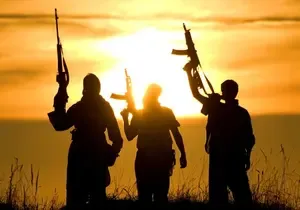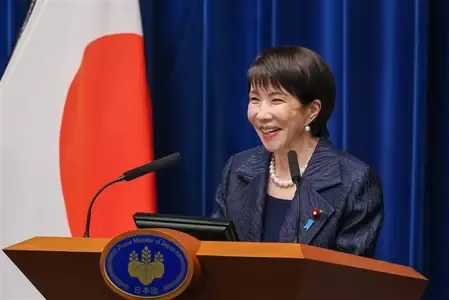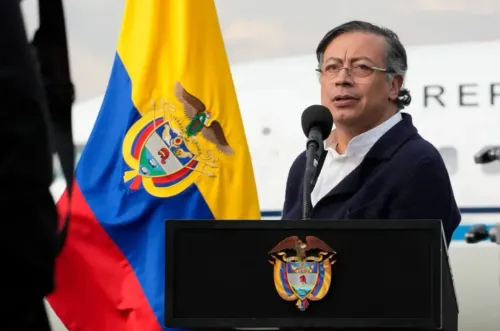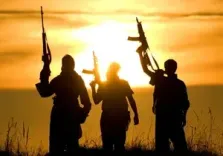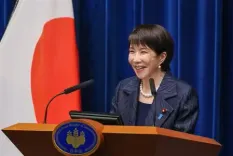Is the Persecution of Religious Minorities in Pakistan Continuing?
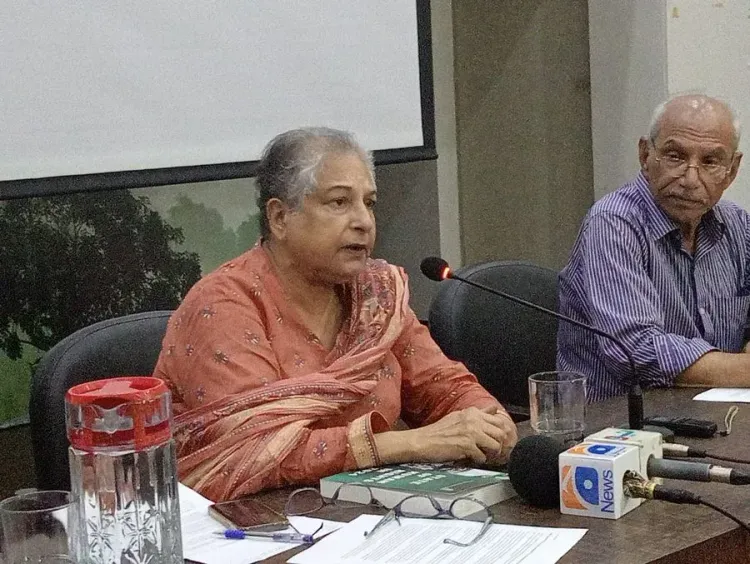
Synopsis
Key Takeaways
- Ongoing persecution of religious minorities in Pakistan.
- High rates of child abuse reported in Punjab.
- Women in politics facing significant challenges.
- Environmental neglect impacting workers' rights.
- Political repression evident in recent legislation.
Islamabad, July 23 (NationPress) The Human Rights Commission of Pakistan (HRCP) has expressed grave concerns regarding the ongoing persecution of religious minorities throughout the nation.
On a recent Tuesday, the rights organization pointed out that a Christian man in Sargodha, situated in Punjab, was brutally lynched by a mob following allegations of blasphemy. Concurrently, the Ahmadiyya community has opted out of the electoral process in the region, citing systemic discrimination and unsafe conditions.
Moreover, the HRCP reported that Punjab remains the province with the highest incidence of child abuse cases in Pakistan.
“From January to June 2024, Punjab accounted for a staggering 78 percent of the total 1,630 cases reported nationwide. This includes 2,506 incidents of sexual abuse, 2,189 kidnappings, 457 cases of child trafficking, and 455 instances of physical abuse. The tragic death of an 11-year-old domestic worker, Ayesha, in Faisalabad, along with similar tragedies in Sargodha and Lahore, highlights the severe violence faced by underage working children in private homes,” the report stated.
The HRCP’s State of Human Rights in 2024 report detailed a troubling increase in sexual violence against women, including individuals with mental disabilities, domestic violence leading to fatalities—particularly among pregnant women—and ongoing incidents of honour killings prevalent throughout the year in Punjab.
In a particularly concerning case of alleged rape at a private college in Lahore, the HRCP noted a significant failure on the part of authorities to collect definitive evidence of the incident.
Addressing the obstacles encountered by women in politics, the HRCP observed that “women Members of the Provincial Assembly (MPA) walked out due to inappropriate gestures” in the Punjab Assembly, while the legal allocation of reserved seats for women and minorities faced challenges.
The HRCP’s report also shed light on the neglect of workers’ rights and environmental conditions, as sanitation workers continue to endure hazardous working environments. Additionally, it noted that the provincial government “failed to address dangerously high levels of smog, with Lahore and Multan experiencing unprecedented air pollution in November.”
Raising concerns about political dysfunction and escalating injustices in Punjab, the rights organization criticized the Punjab Defamation Act 2024, which was hastily passed in June and condemned by human rights groups for infringing on free speech. The law is currently being challenged in the Lahore High Court as unconstitutional.
Furthermore, the HRCP pointed out that Punjab authorities imposed road closures to prevent protests by the opposition party Pakistan Tehreek-e-Insaf (PTI) in Islamabad, describing this as a violation of the “right to movement for both political activists and ordinary citizens.”

